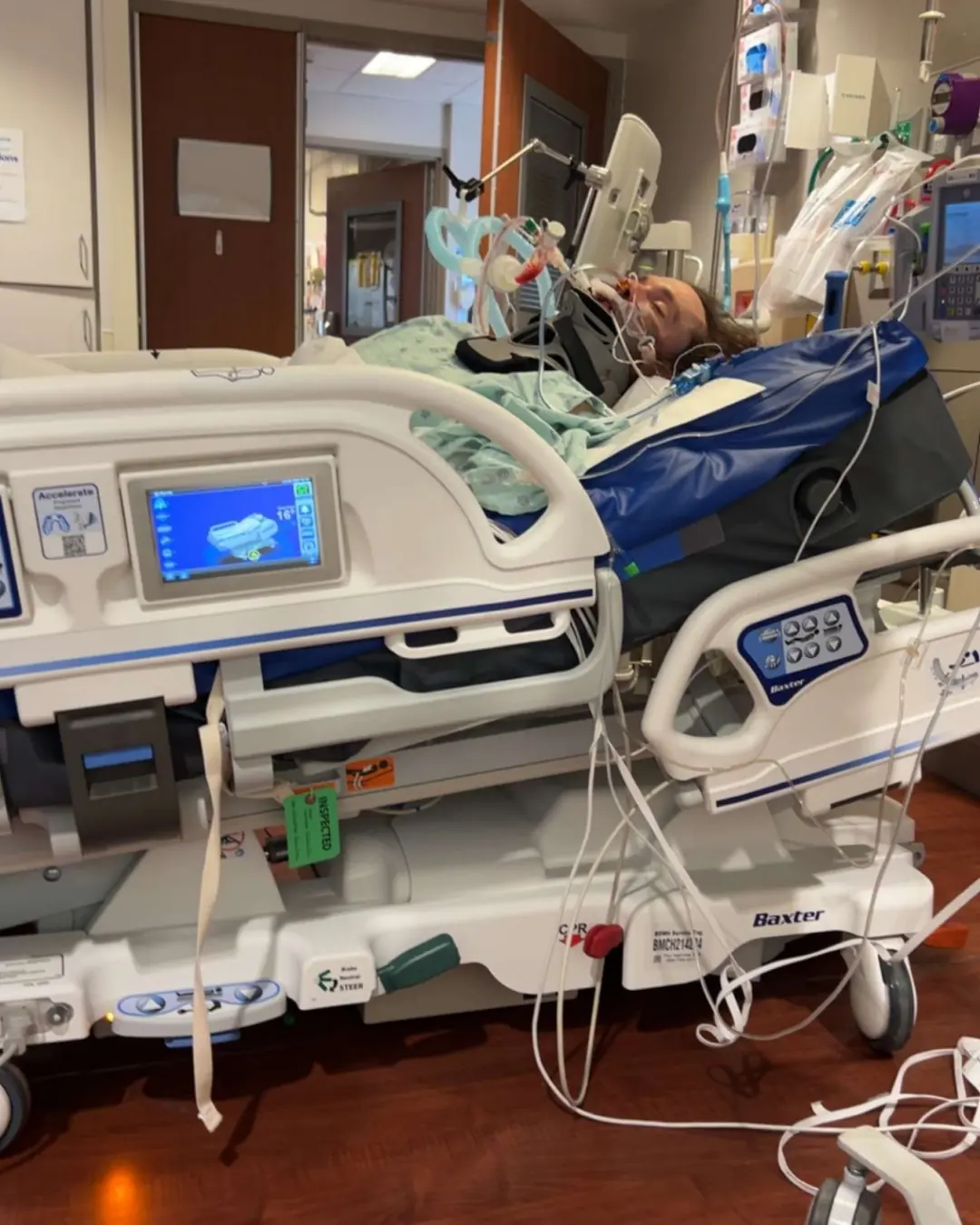
The Doctor Who Created a Fake Epidemic to Save 8,000 Lives.
Dr. Eugene Lazowski saved 8,000 lives during World War II by faking a typhus epidemic, exploiting Nazi fears of contagious disease to protect his community from deportation and death.
The Incredible Story of Dr. Eugene Lazowski
During the Nazi occupation of Poland in World War II, Dr. Eugene Lazowski, a Polish physician, devised one of the most brilliant and courageous acts of medical deception in history. Alongside his colleague Dr. Stanisław Matulewicz, Lazowski created a fake typhus epidemic that ultimately saved around 8,000 people from being sent to concentration camps.
How the Fake Epidemic Worked
Typhus was a deadly disease feared by the Nazis, who associated it with poor hygiene and Jewish populations. The German army would quarantine or avoid areas with confirmed outbreaks to prevent the spread among their troops.
Dr. Matulewicz discovered that injecting healthy individuals with dead typhus bacteria would cause them to test positive on the Nazi-administered blood tests—without actually making them sick. Lazowski used this method to create the illusion of a widespread epidemic in the town of Rozwadów and surrounding villages.
By sending hundreds of false-positive test results to German authorities, Lazowski convinced them that the area was unsafe. The Nazis declared the region under quarantine and ceased deportations, effectively sparing thousands of lives.
Risks and Legacy
This act of defiance was incredibly dangerous. If discovered, Lazowski and Matulewicz would have faced execution. Yet their plan worked for nearly three years, until the end of the war.
After the war, Lazowski emigrated to the United States, where he continued practicing medicine and teaching. He passed away in 2006, but his legacy lives on as a symbol of courage, ingenuity, and compassion under tyranny.
Added Reflection
Dr. Lazowski’s story is more than a tale of wartime heroism—it’s a reminder of how science and empathy can be wielded as tools of resistance. His quiet rebellion didn’t involve weapons or armies, but test tubes and a deep commitment to human life.
In a world where moral choices are often blurred by fear, Lazowski chose to act. And because of that choice, thousands of families were spared unimaginable suffering.
News in the same category


A Reunion That Shook the Forest.

The Cow, the Car, and the Letter That Touched Everyone.

The Boy Who Was Late for Class but On Time for Humanity.

The Woman with the Invisible Lint.

The Miracle of the “Unicorn Babies”.

The Richest Man Bill Gates Ever Met.

The Woman Next Door Who Saved a Little Girl’s Heart.
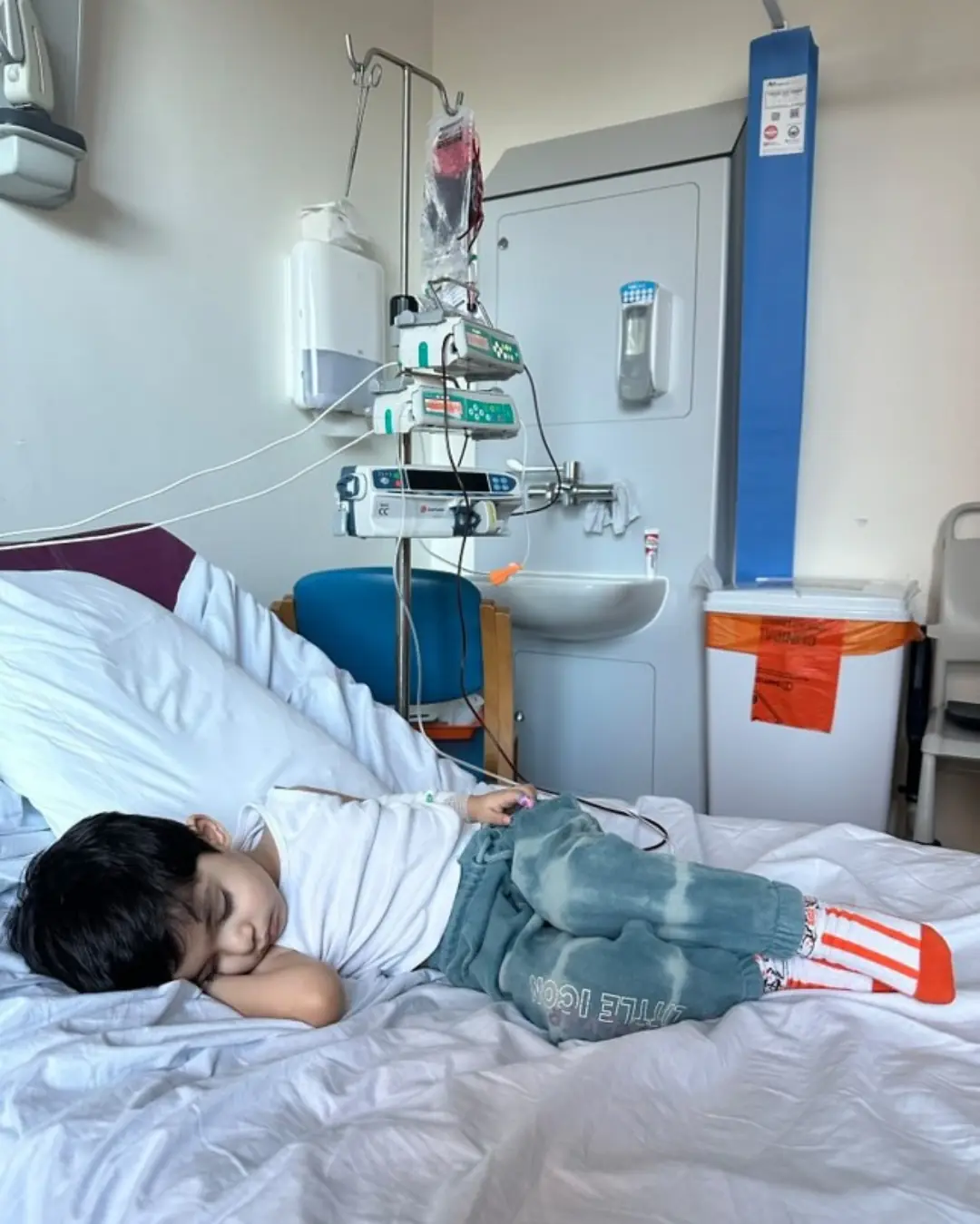
Manraj’s Journey: A Brave Little Fighter Who Beat Cancer

The Day Rick Swope Saved Jo-Jo the Chimp: A Heroic Act of Compassion

A Dramatic Rescue: The Courageous Effort to Save a Mother and Calf Elephant in Thailand

The Orange Cat and the Bears: A Friendship You Have to See to Believe
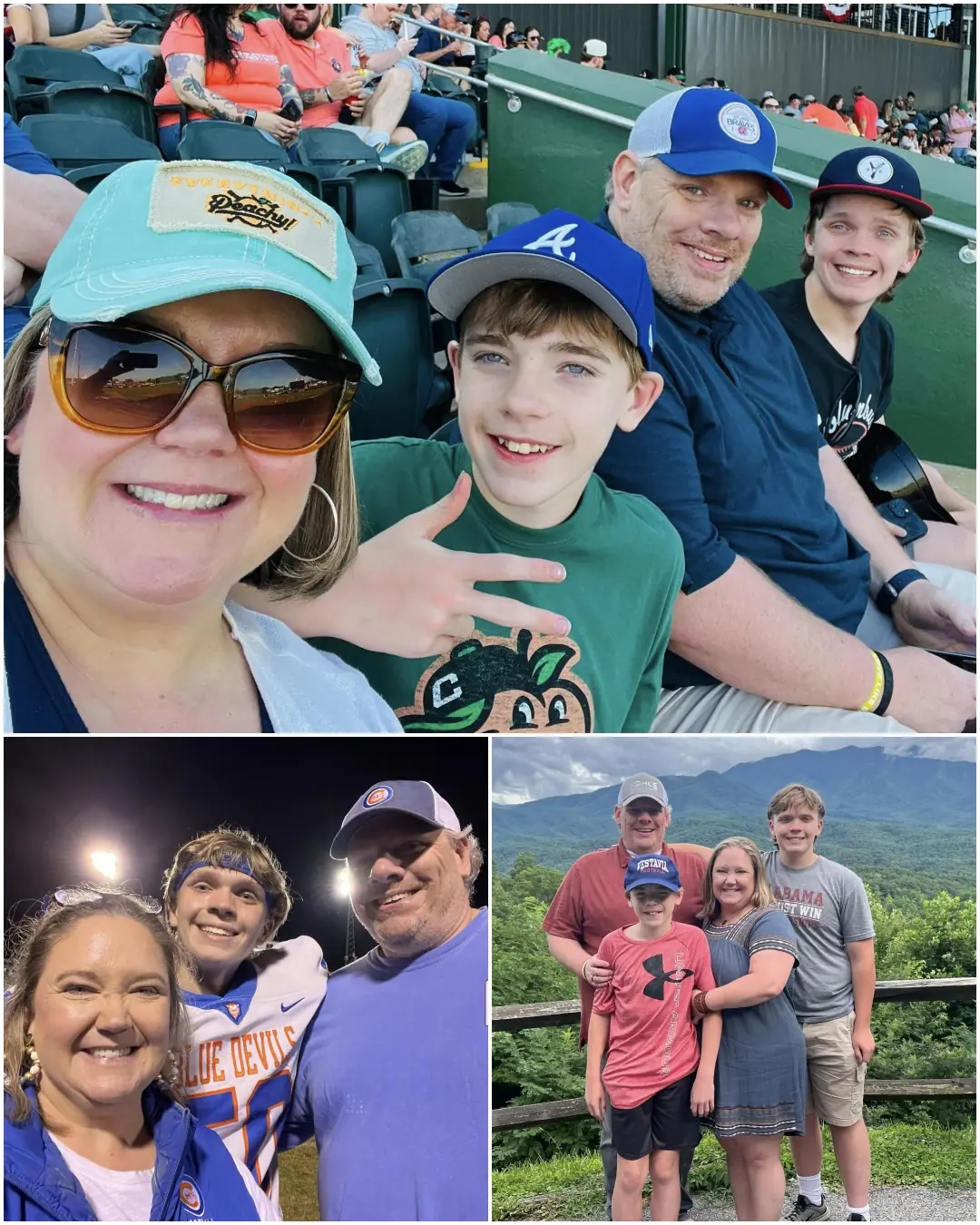
Remembering Tim Franklin: A Husband, Father, and Friend Who Loved With His Whole Heart

Abused Genius Turns King: The Lost Experiment That Became Legend of the Jungle

Semper Fi Until the End: Honoring Sgt. Kevin Lloyd, a True American Hero
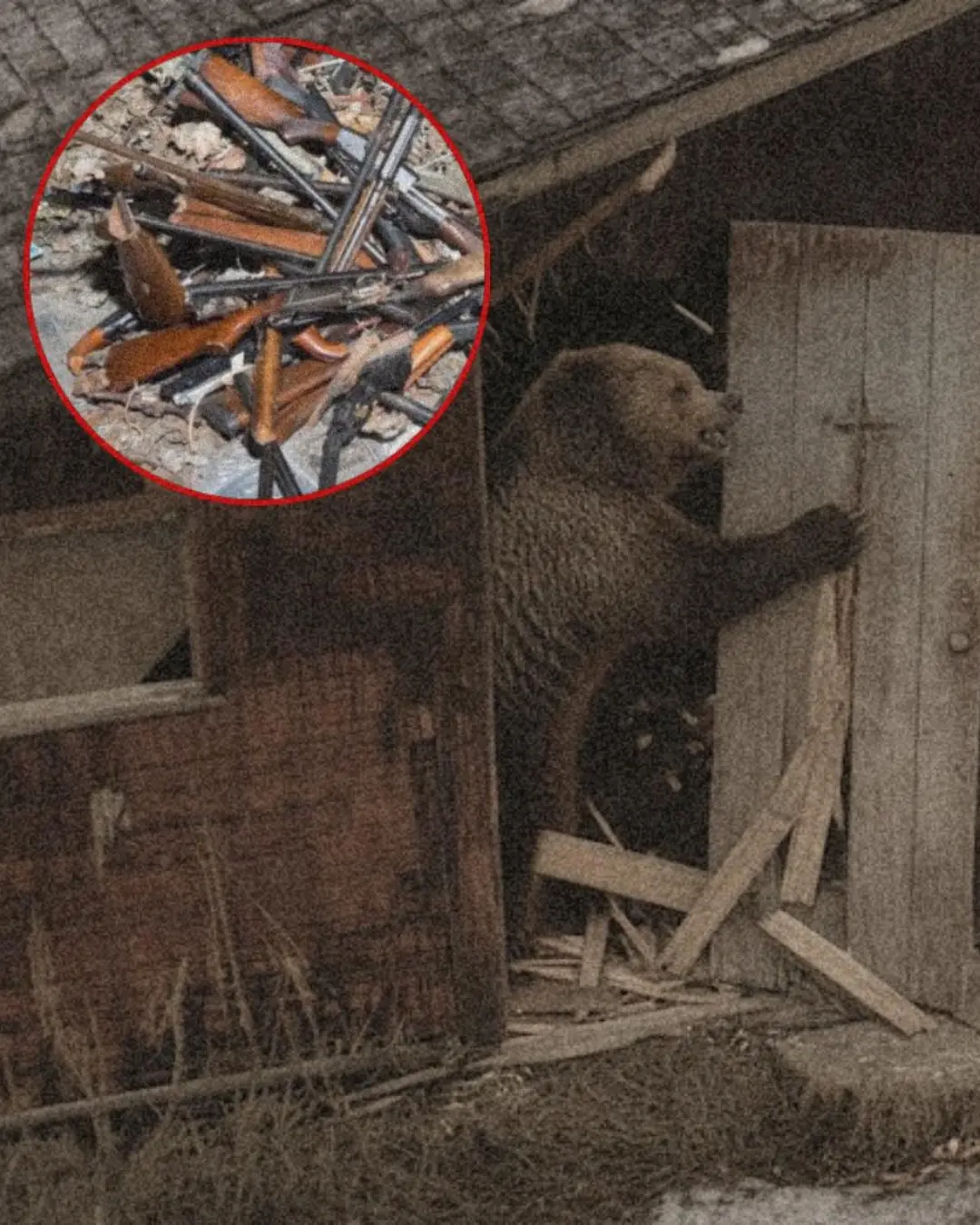
“The Bear That Fought Back: A Montana Tale of Instinct, Survival, and Warning”

“The Prayer That Stopped a Restaurant: How a 5-Year-Old’s Kindness Brought Strangers to Tears”
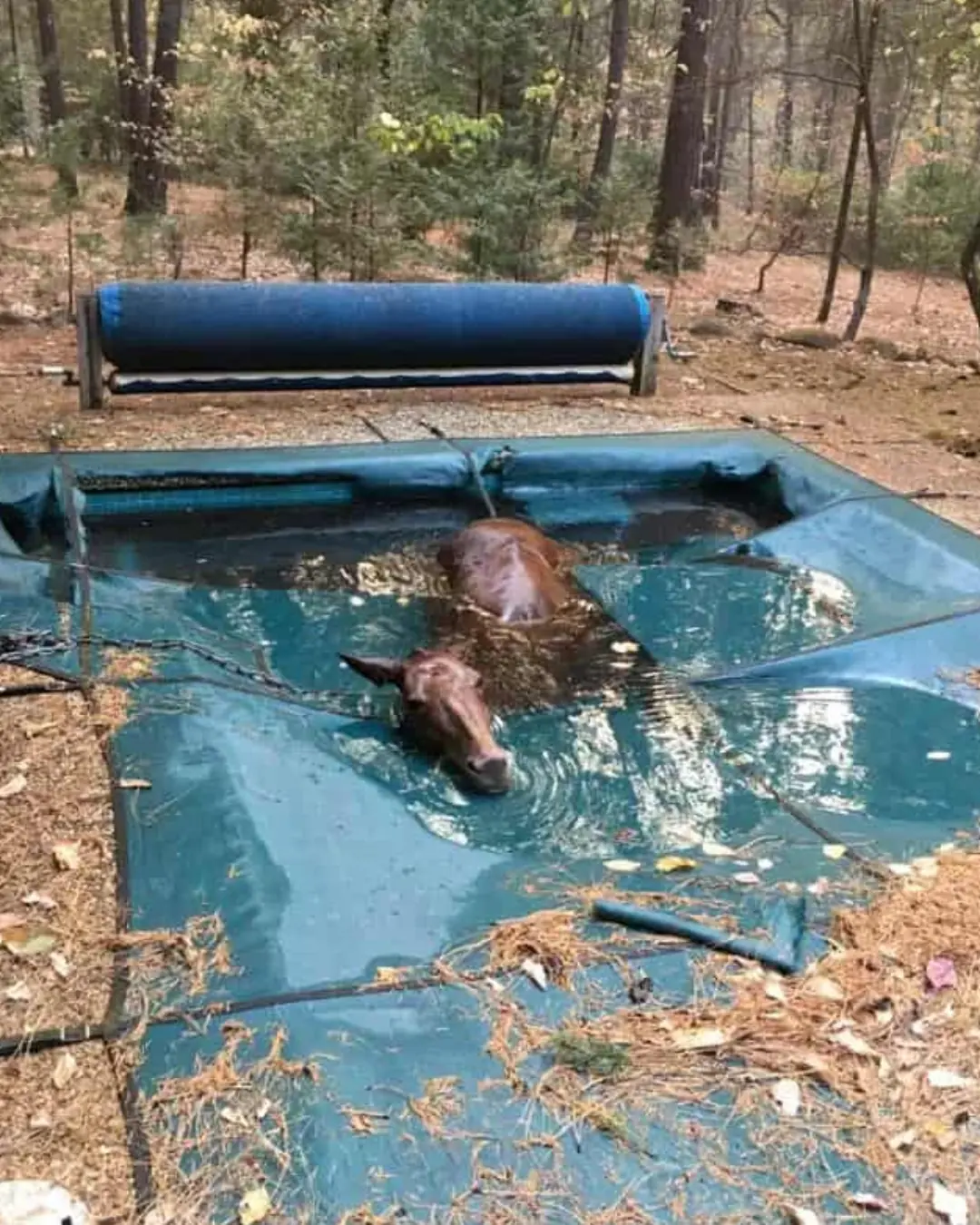
A Pool, a Fire, and the Will to Live.
News Post

4 Ways To Erase Age Spots with Baking Soda for Youthful Even Skin

How to cook sticky rice without soaking the rice overnight
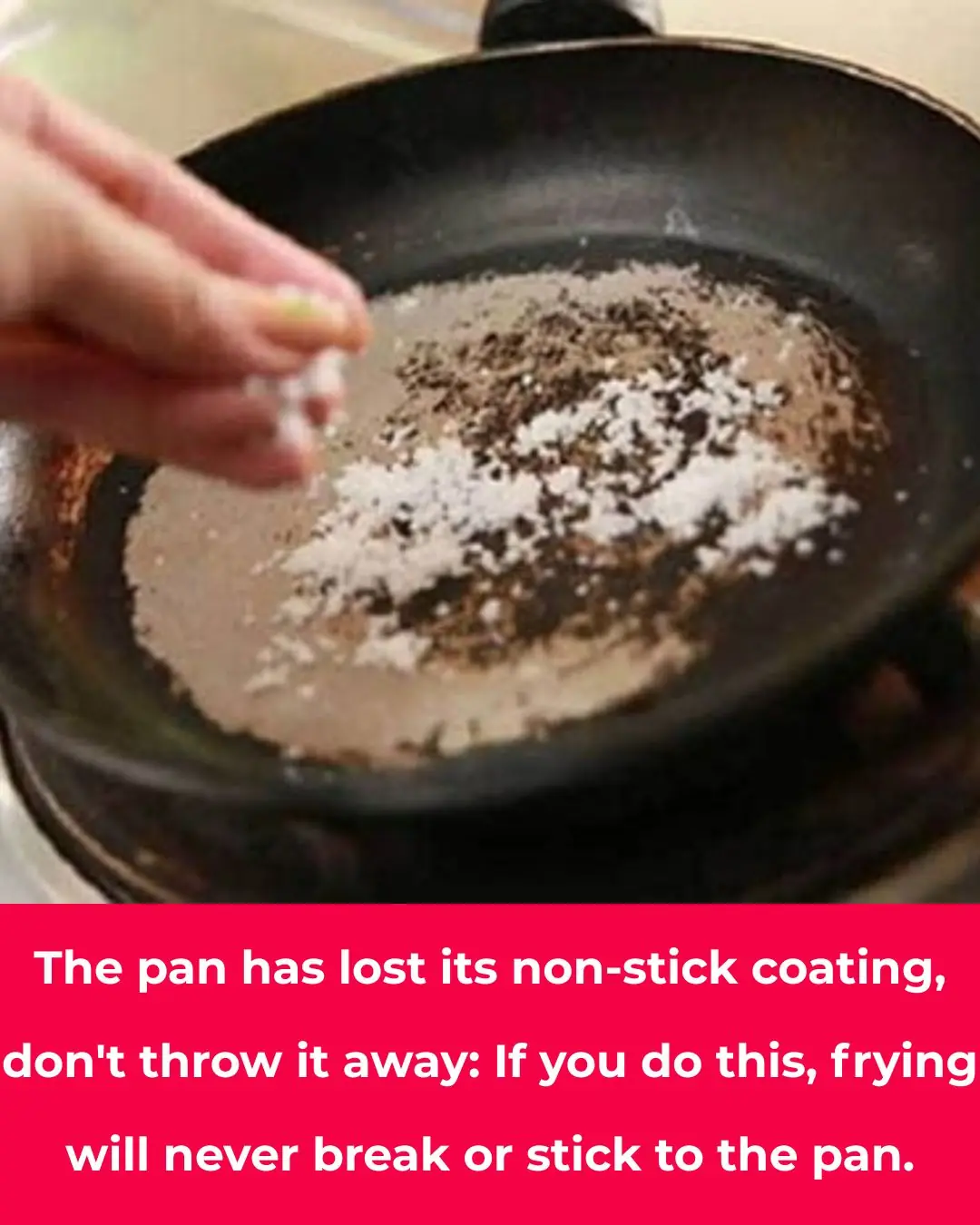
The pan has lost its non-stick coating, so don't throw it away
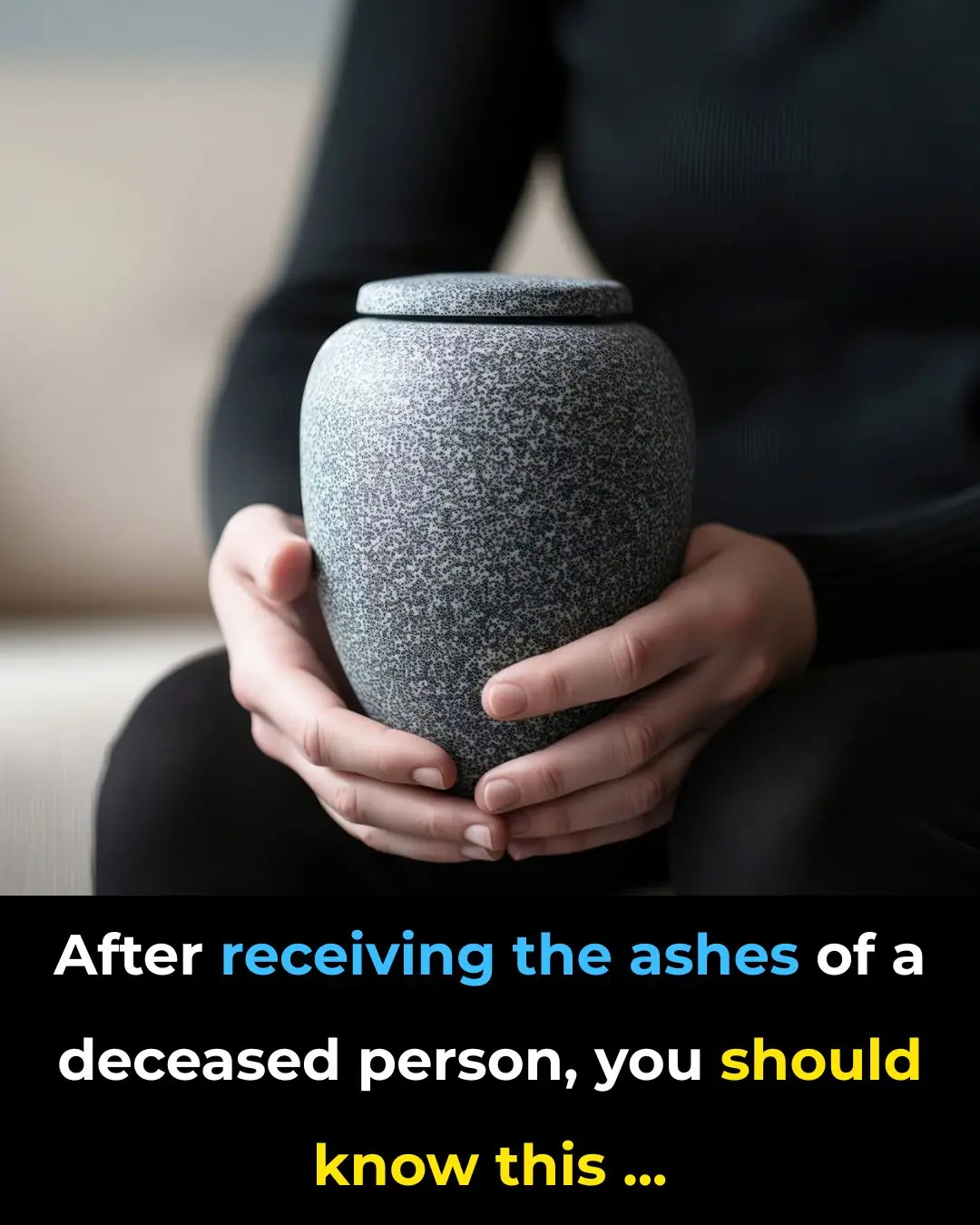
After receiving the ashes of a deceased person, you should know this...
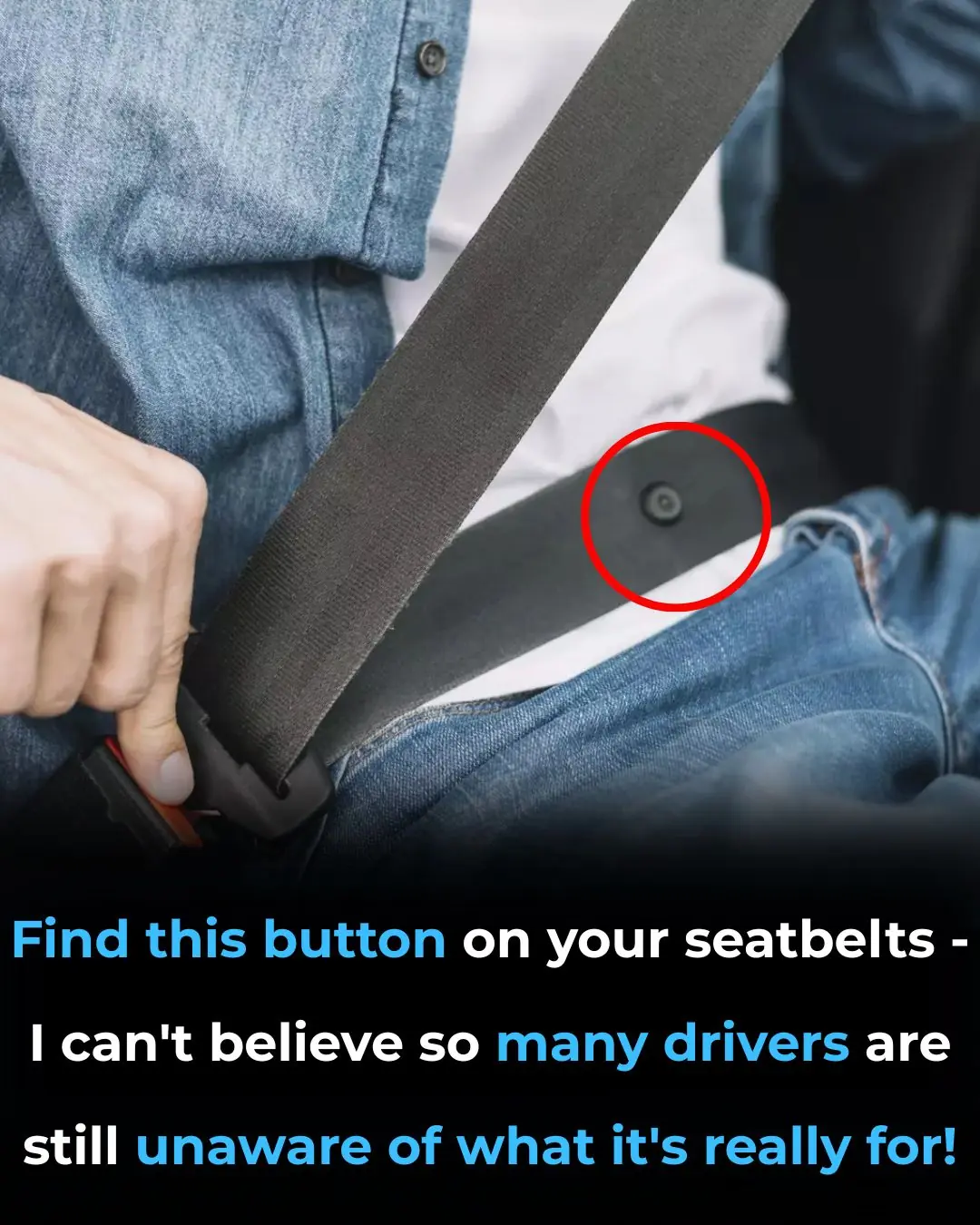
🔧 What the Little Button on Your Seat Belt Really Does – A Tiny Feature With a Big Purpose 🚗✨

The one thing 98.7% of people do to lower blood pressure without medication

Boil green bananas this way

Why Flight Attendants Often Carry a Banana on Board: The Surprising Benefits

Turmeric dosage: this is how much turmeric you actually need to eat for arthritis, cancer and other diseases

Don’t Toss Your Lemon Peels! 8 Smart Ways to Save Money and Make Life Easier

Why Sleeping in Socks Might Be the Secret to Better Sleep

The 1-cup bedtime drink that stops you from waking up at 3 AM

How to Use Guava to Care for Your Eyes: Natural Remedies That Surprise 🌿

The secret to making your own tomato sauce at home

Why Hot Dogs and Processed Meat Might Be the Most Dangerous Foods of All Time

Can you eat moldy food? Here’s what you MUST throw out.

Cancer hates these 6 fruits—eat them to fight back!

New Food Stamp Rules Start in November...
“Now this method is so clever! Wish I thought of it!”
